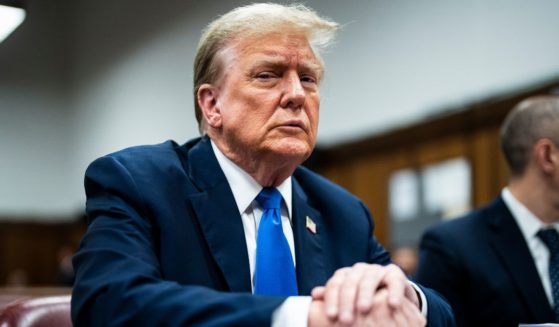Zimbabwe leader angered by video of security forces' abuse
HARARE, Zimbabwe (AP) — Zimbabwe’s president Monday said he was “appalled” by a televised report showing abuses by security forces in a continuing crackdown.
President Emmerson Mnangagwa, on his official Twitter account, said was unhappy at the video, broadcast by Sky News, showing security forces hitting a man who had been arrested. Mnangagwa said he “instructed that the individuals behind this be arrested.”
Angry protests against the government’s drastic fuel price hikes provoked a harsh crackdown by police and military in which 12 have been killed and 300 wounded, scores by gunshot wounds, according to doctors and rights groups. Long after the protests ended, the military clampdown continues with forces going house to house to carry out arbitrary arrests, beatings, torture, abductions and rapes, according to rights groups. Many opposition figures and civic leaders have gone into hiding. The crackdown continued Monday, with witnesses, human rights groups and the opposition reporting abuses by the military, the police and ruling party gangs, especially in working class and poor suburbs across the country.
Mnangagwa, who briefly brought hope to crisis-weary Zimbabweans when he took over from longtime ruler Robert Mugabe in November 2017, encouraged “those impacted to contact the authorities and file an official complaint.”
Mnangagwa’s call has been met with skepticism, as last week he promised to investigate reports of abuse by the security forces when he returned from a visit abroad, yet the crackdown continues.
Some Zimbabweans questioned why Mnangagwa is only showing concern about a report of abuse by foreign media, when local media and NGOs have been reporting such violence against civilians for more than a week
Others questioned the authenticity of messages on Mnangagwa’s Twitter account after his spokesman George Charamba on Jan. 23 told reporters that “the president was drawing my attention to an attempt to, as it were, to put words into his mouth using his Twitter account. So, don’t always believe that which is coming through.” This followed a tweet by Mnangagwa calling for national dialogue and criticizing security forces for being heavy handed.
But Zimbabwe’s information ministry later issued a statement confirming Mnangagwa’s Twitter handle as “the legitimate voice of the President.”
“Nothing goes on there but that which represents his views and positions on issues and that which he has explicitly cleared,” the ministry said.
Some people say that Mnangagwa’s Twitter statements do not reflect the reality of the crackdown on the ground.
“This account is run by a bunch of tone deaf people who are so stuck up in their quest to present E.D. (Mnangagwa) as a reformer that they are prepared to invent this fake E.D. who doesn’t exist anywhere else except on this handle! George Charamba was right, despite the protests by @InfoMinZW!” said Zimbabwean UK-based journalist Innocent Chofamba Sithole in response to Mnangagwa’s tweet.
The Western Journal has not reviewed this Associated Press story prior to publication. Therefore, it may contain editorial bias or may in some other way not meet our normal editorial standards. It is provided to our readers as a service from The Western Journal.
Truth and Accuracy
We are committed to truth and accuracy in all of our journalism. Read our editorial standards.












